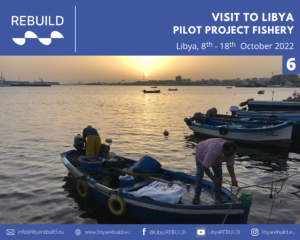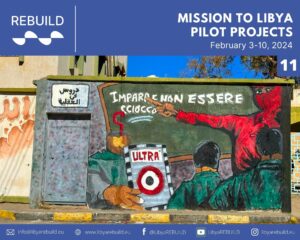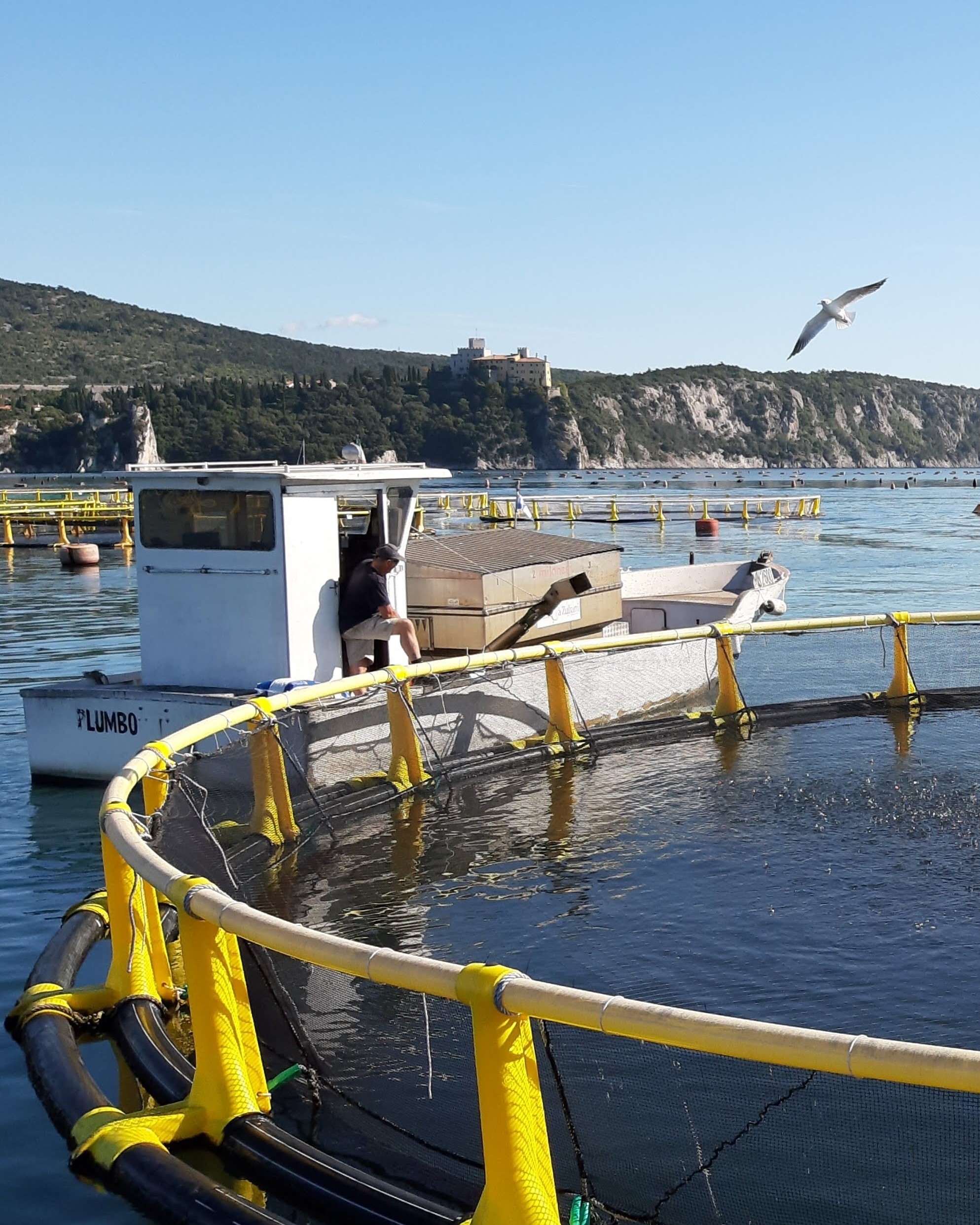
Pilot Project Fishery
Project Coordinator: Autonomous Region Friuli Venezia Giulia
Implementor: OGS – National Institute of Oceanography and Applied Geophysics
In Libya there is a strong fishing tradition, both in terms of know-how and training structures. Nevertheless, many supporting structures have been damaged by recent events. In such a context, the partnership has promoted cooperation with local stakeholders according to a bottom-up approach to reinforce the traditional fisheries sector. The pilot action on fishery has been implemented in the framework of the REBUILD project involving Libyan municipalities of Sirte, Zliten, Benghazi, Tripoli, Tobruk.

—
Storyboard nr 6 (October, 2022) Storyboard nr 11 (February, 2024)
Storyboard nr 15 (July, 2024) Storyboard 19 (January-February 2025)
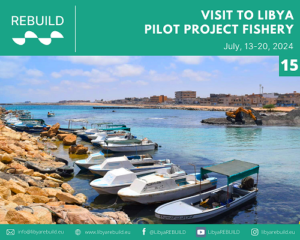
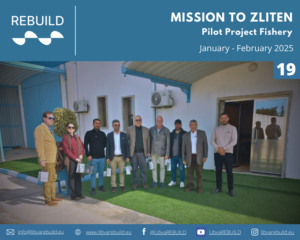
Based on the awareness that the fish supply chain represents one of the main sectors for the diversification from oil&gas of the Libyan economy, the REBUILD Pilot Action Fishery has represented the tool to:
- “equip” the five municipalities involved, with a consistent tool to adopt a development policy for the local operators;
- follow-up the PATH-DEV project, implemented by the Region Friuli Venezia Giulia and by the Nicosia Initiative in 2017-2019, for the empowerment of Libyan fishery of export capacities towards the EU market.
Therefore, after an on-site assessment of the sector in the five cities and surrounding territories, and the provision of all indications of the steps to be undertaken, the choice of the location where to implement the pilot facility for the collection and storage of fish, has selected the Fishery Port of Zliten and the Port of the Turks in Tobruk.
Among the two sites, the Fishery Port of Zliten has provided the feasibility conditions for this investment, considering the existence of a consistent fishery community, already used to work together, the closeness of various fish processing factories, the strong commitment of the Municipality to invest in the services to the sector, the local capacity to attract investments.
OGS and local experts have then worked to the project, whose implementation has jointly regarded the Municipality (for the construction part) and OGS for the design of the facility and also the provision of equipment.
The new facility will be soon inaugurated, opening the way to its full operativity, with a capacity of nr 2 refrigeration rooms, nr 1 freezing room, 1 processing room, according to the EU standards of quality and traceability.
Daily quantities between 500kg and 2 tons may be processed and stored, according to the number of work shifts: 10 operators are employed, after a dedicated on-the-job training carried out by the experts of the project, which has benefitted the local fishermen community and researchers.
Beside the opportunity to replicate such facilities in all main Libyan fishery ports, the REBUILD Pilot Action Fishery has especially provided a clear picture of the need to ensure the country with an efficient system of sanitary control across the whole Libya, and which could represent the indispensable subject for the opening of the EU market.
In fact, Region Friuli Venezia Giulia, with the aim to consolidate the partnership with Libyan fishery sector, has started in February 2025 an OIM-FVG project finalized at training for 6 months nr 3 young veterinarians (2 from Zliten and 1 from Tobruk) in its sanitary control depts and local fishery cooperatives.
Further, it is willing to complete the intervention in Zliten with the establishment of a laboratory beside the new facility for the collection and storage.
Such a common path will also disclose close collaboration in phases of the supply chain, including catering and hospitality, gastronomy, cooking secondary schools, etc.
—
SEE the interviews with:
Mounir Ghribi, OGS – National Institute of Oceanography and Applied Geophysics, Trieste, 3rd Steering Committee (12-13 July 2023) 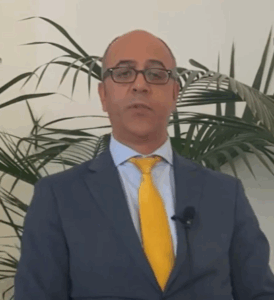
Franco Andaloro, OGS – National Institute of Oceanography and Applied Geophysics, Trieste, 3rd Steering Committee (12-13 July 2023) 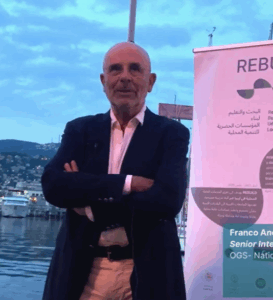
Mayor of Tripoli, Trieste, 3rd Steering Committee (12-13 July 2023) 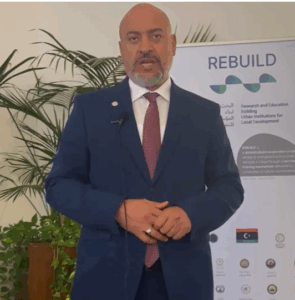
Mayor of Zliten, Trieste, 3rd Steering Committee (12-13 July 2023) 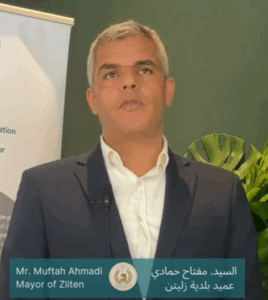
Mayor of Zliten, Zliten (2023) 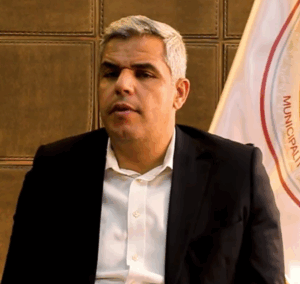
—

